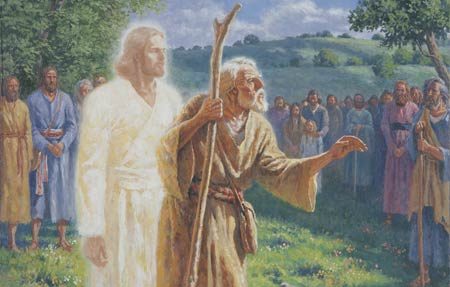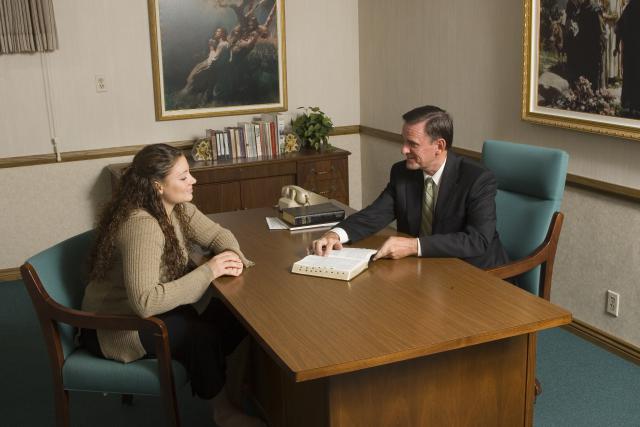Question
Gramps,
What would have been the outcome, had Adam not partaken of the forbidden fruit as Eve had already done?
Michele
Answer
Michele,
The story of Adam and Eve in the Garden of Eden is a representation of important and very real events. However, we do not know exactly what those events were or exactly how they transpired. Satan is presented as a “serpent”, though we don’t think Satan was actually slithering around the Garden, talking to Eve out of his snaky mouth. Rather, we are provided the gist of important events and decisions, with only enough context to make the story comprehensible. We know few or none of the particulars.
Without knowing these particulars, it becomes almost impossible to speculate on “What ifs?”. Simply put, our doctrine does not tell us what would have happened had things gone in the direction you describe. But we can review what we do know and see if we find anything of use.
I will tell you my own interpretation of this topic, with the understanding that what I write is just that — my own interpretation, not settled LDS doctrine.
Adam and Eve were given commandments in the Garden, doubtless many. We know of two of them. The first (Genesis 1:28) was to multiply and replenish the earth. This was their great charge: To be the parents of the human race. The other (Genesis 2:16-17) was a commandment to avoid eating the fruit of the tree of the knowledge of good and evil, “for in the day that thou eatest thereof thou shalt surely die.” (While the scriptural accounts seem to say that Adam was given this commandment before Eve had been created, other prophetic teachings provide us sufficient reason to believe that Adam and Eve both received this commandment.)
Once Eve had been deceived by Satan and had broken the commandment not to eat of the fruit of the tree of the knowledge of good and evil, she had become subject to the consequences — she would surely die. But Eden was a place of life, not death, and so Adam and Eve both knew that Eve could not remain there. Their primary charge remained: To multiply and replenish the earth, and be the primal parents of the human race. Thus, Adam was faced with a choice: Was he to lose his wife and the possibility for completing the purpose for which he had been created, or was he to disobey God, partake of the fruit, and stay with Eve, thus enabling the plan of salvation to come about? We know which he chose.
We may ask why Adam didn’t just counsel with God before making such a momentous decision. Many possible answers suggest themselves — Satan tempted or rushed him, Eve’s predicament was dire and muddled his thinking, Adam himself impetuously rushed into the situation — but our ignorance handicaps us. The fact that we don’t know the particulars means that we can’t do anything but speculate on this point, and such speculation has little chance of giving us much insight.
Gramps







